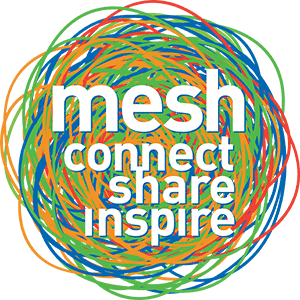 When we started mesh in 2006, our goal was to create a Canadian event where people could discuss how the Web is changing how we live, work and play. It’s taken a while but we are excited about taking mesh to Western Canada, starting with a one-day event in Calgary on June 8.
When we started mesh in 2006, our goal was to create a Canadian event where people could discuss how the Web is changing how we live, work and play. It’s taken a while but we are excited about taking mesh to Western Canada, starting with a one-day event in Calgary on June 8.
The creation of meshwest and the move to Western Canada reflects how communities across the country are enthusiastically embracing and leveraging the Web. Like mesh, meshwest is focused on providing insight and stimulating conversations about media, society, marketing and business.
From those humble roots, mesh has grown into an event that has attracted a long series of great speakers and – just as important – thousands of enthusiastic and engaged attendees. Calgary is the first stop on a Western swing that will see meshwest also happen in Edmonton and Vancouver.
Like mesh, meshwest features a line-up of keynotes and panels focused on four streams – media, society, business and marketing – that explore what’s over the horizon in the digital world.
meshwest speakers include Tobias Lutke, Keith Bilous, Mark MacLeod, Danny Robinson, as well as the mesh gang – Mark Evans, Mathew Ingram, Michael MacDerment, Rob Hyndman and Stuart MacDonald. More speakers will be announced soon.
meshwest joins our flagship mesh conference, which happens on May 25 and 26, and meshMarketing within the mesh “portfolio”.
You can learn more about meshwest here, and purchase tickets now.

